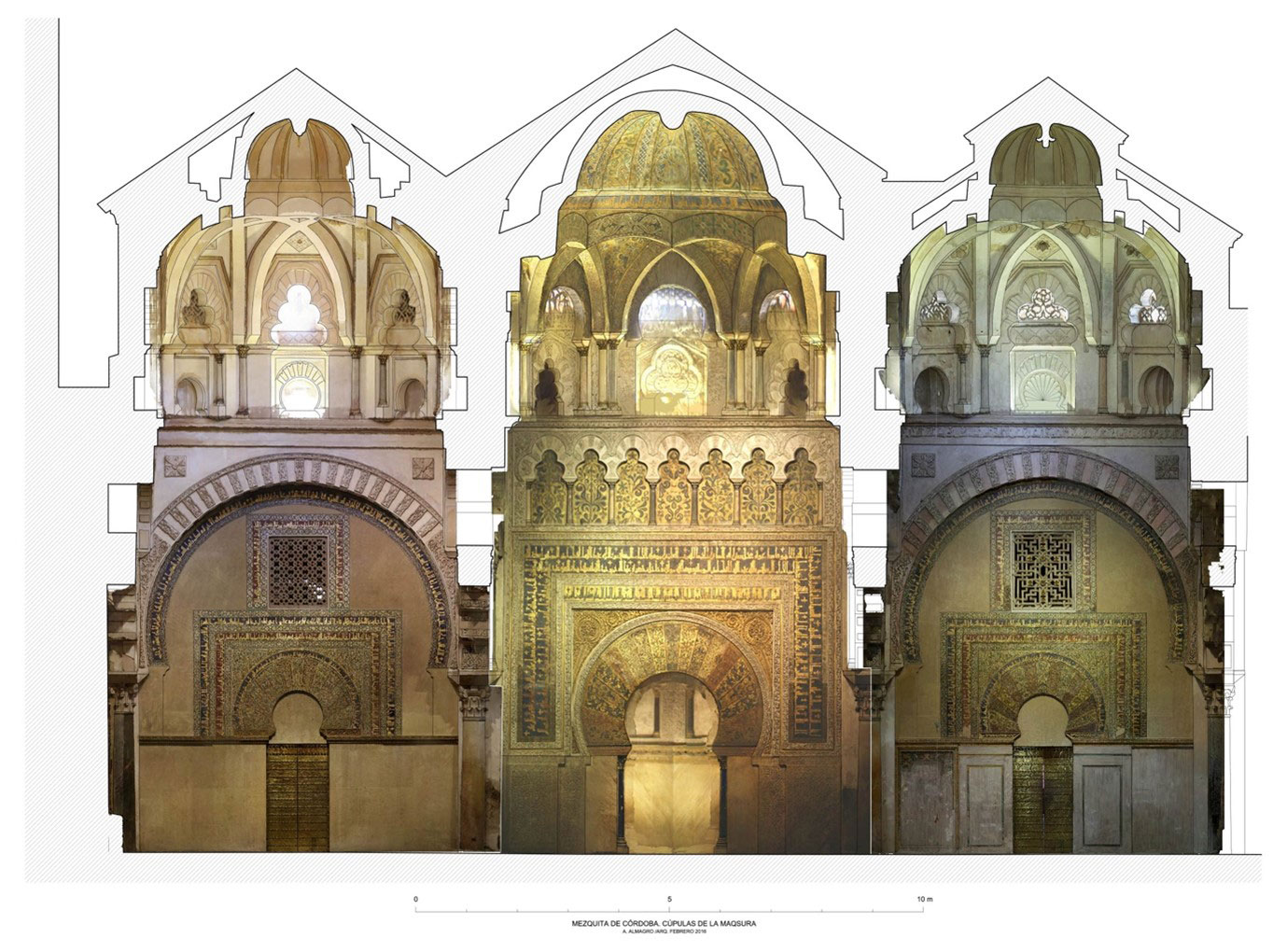HAU44019 and HAU44020 The Arts of Islamic Spain and North Africa

The art and architecture of Islamic Spain (al-Andalus) and North Africa (the Maghreb) are extraordinarily rich in diversity and complexity. From Kairouan to Marrakesh, Córdoba to Granada, the region flourished under Muslim rule and became the site of major artistic and architectural production. This module will explore this important historical period, from the 8th to the 15th centuries. Major monuments including mosques, madrasas and palaces and works of art such as carved ivories, woodwork and manuscripts will be considered in context, alongside themes including water, poetics, the artistic hand and materiality. We will consider the long legacy of al-Andalus in Spain and north Africa and assess its significance in wider European and Islamic histories, including up to the present day. Drawing from resources available in Dublin collections, we will examine medieval Qur’an manuscripts at the Chester Beatty and consider Islamic techniques at the National Museum of Ireland.
- Module Organisers:
- Dr Anna McSweeney
- Duration:
- Semesters 1 and 2
- Contact Hours:
- 2-hour seminar per week
- Weighting:
- 20 (10 + 10) ECTS
- Asessment:
- Continuous assessment (50%) and examinations (50%)
Learning Outcomes:
Upon the successful completion of this module students should be able to:
- Explain the principal developments and formally analyse the art and architecture of Islamic Spain and North Africa
- Understand and be able to use relevant terms and vocabularies related to the region
- Understand the cultural context of the region and period
- Critically assess the significance and longer legacy of the art and architecture of al-Andalus in Europe
- Have a critical awareness of primary and secondary literature on the subject and its historiographical context
- Be familiar with diverse methodologies and current debates on the subject

